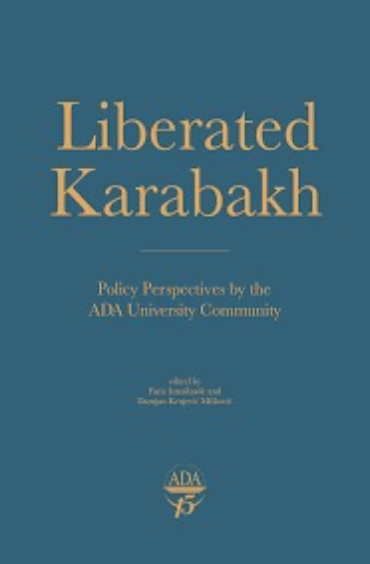Promoting the Role of Women in Azerbaijan’s Renewable Energy Sector
In Azerbaijan, women encounter obstacles in the energy sector similar to those in other areas of the economy. If we look at women’s employment across occupations within the energy sector, most women are employed in white-collar jobs, primarily in customer service, finance, and human resources; whereas they are underrepresented in the more “technical” jobs. Besides, the proportion of those in higher positions who have decisionmaking power is still quite low, although this situation is getting better overall.








